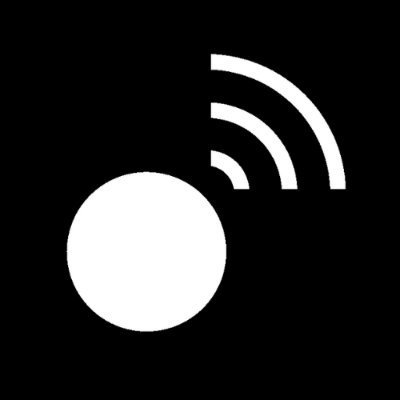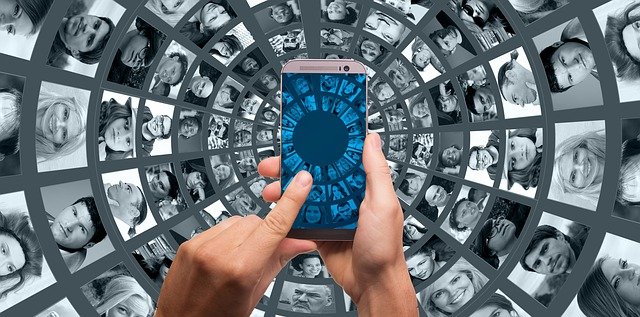Having access to the Internet is a human right which is almost turning to a fundamental one . Restricting access or cutting someone off should be considered a threat to one's existence. Humans are naturally social, and information is one important aspect of life that keeps us going. The fastest and easy way of getting information is through the Internet, and that is one huge human right that one should not be deprived of.
The Internet came through ARPANET (Advanced Research Projects Agency Network) which was a project funded by the United States government, it was meant to be a project to support other projects within its government, universities and other research laboratories. The Internet did not become mainstream until the year 1995, it was after then that it can be used by others apart from the entities mentioned above.
At the moment, the UN has declared access to the Internet to be a human right. It made an addition to Article 19 of the Universal Declaration of Human Rights (UDHR), which states:
“Everyone has the right to freedom of opinion and expression; this right includes freedom to hold opinions without interference and to seek, receive and impart information and ideas through any media and regardless of frontiers.”
Section 32 adds:
“The promotion, protection and enjoyment of human rights on the Internet”
Individuals should be able to make use of the Internet freely, to connect using computer terminals, computers, laptops, smart phones, smart tv and other devices that make use of the Internet. Internet access all over the world is sold by ISPs (Internet Service Providers), organisations that provide services for accessing the Internet. ISPs are very vital in one's access to the Internet, they are basically a gateway that provides a user access to everything available on the Internet. They can be privately-owned, community-owned or commercial (most popular).
It is very important that anyone anywhere in the world deserves to be connected to the Internet, with a relatively fast speed and cheap cost too. This has been a challenge as billions of people are still not connected to the Internet. At the time this article is written, approximately 37% of the world's population are not Internet users. This means there is a problem waiting to be solved.
One big issue is the pricing, the set of people that can afford Internet access are the upper class and the middle class too. The lower class do not find it easy to pay or subscribe as the case might be, this is one big issue stopping everyone from having access to the Internet. As a result, 35% of people have access to the Internet in developing countries compared to 80% in developed countries.
Introducing Wayru

Wayru is a decentralized Internet network focused on closing the digital gap once and for all. The solution Wayru is bringing mid-small ISPs, entrepreneurs and communities together to build, operate and own Internet networks. It is simply the network of networks.
The project is proposing a sharing economy that will concentrate on making the operational cost constraints that ISPs are facing to be as low as possible, this makes the model's deployment highly scalable. This will remove the reliance on centralized network operators to be in charge of the distribution, the sharing economy will be solely demand-driven by the geographical area that needs Internet access.
This will make distribution possible especially to those that do not belong to the higher or middle class in those areas. Since it is a sharing economy, communities and businesses become node operators and they earn from providing the coverage in their region.
Earning in Wayru's sharing economy.
The idea here is to earn for running a node, that is your earning power is based on how many people are connected to your nodes. Share to earn!
There are three layers of nodes in Wayru's proposed network model, in order of their complexity: Micro nodes, Block nodes and Link nodes.
At the moment, the project is introducing the first Wayru WiFi router called Genesis. It is dubbed the future of WiFi sharing. Genesis allows anyone around the world to earn crypto rewards simply by setting up a Hotspot and sharing WiFi. You will be rewarded in Wayru tokens for every user that connects to your hotpots, and you get to monitor your rewards based on the traffic used by those connected to your network.
All that is needed is a stable fixed Internet connection and you can become a Hotspot operator yourself, it takes less than 10 minutes (even if you are not tech savvy). Which gives opportunity also to those not in the crypto space to participate. The Genesis device can be set up in any place of your choosing, be it your home, restaurants, hubs, gas stations, restaurants or even convenience stores. Have in mind that more traffic means more Wayru tokens to be earned. Traffic here is the number of megabytes transferred in your Hotspot by sending and receiving data packets.
How it works
You will need to set up a Wayru Genesis device by connecting it to a power source and an active Internet router, then link your device to your account. The device will broadcast a WiFi network that will allow users to connect with their devices, after linking has happened. Then you start earning Wayru tokens as rewards for every connected user and have access to real-time analytics of the traffic used and rewards made.
You will need $200 equivalent of Wayru tokens to be locked up in the device's contract to be able to have an active Hotspot and start earning. This is to keep the network growing and the ecosystem stronger.
Here is an article to learn more about the Genesis and how to be a Wayru hot-spot operator
With Wayru, you can now turn your monthly Internet expenses into crypto-making machines. You can now register to get early access:
https://wayru.io/wl-genesis
Stay connected to Wayru:
Website ¦¦ Twitter: ¦¦ Discord ¦¦
Telegram
